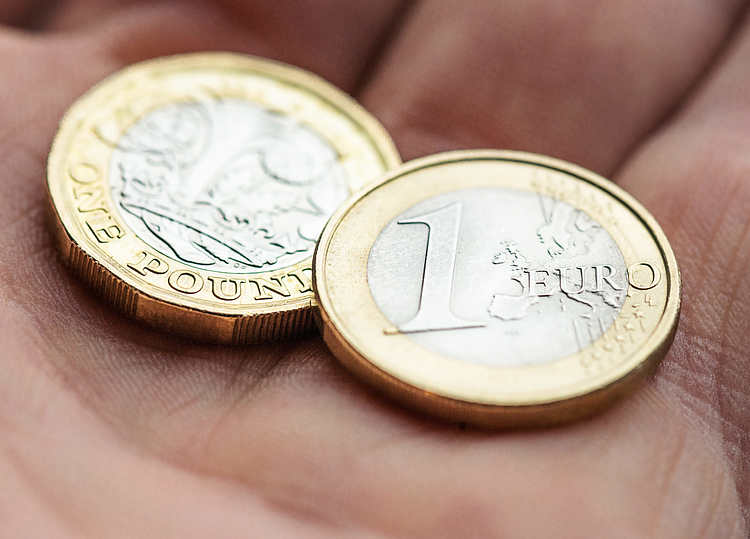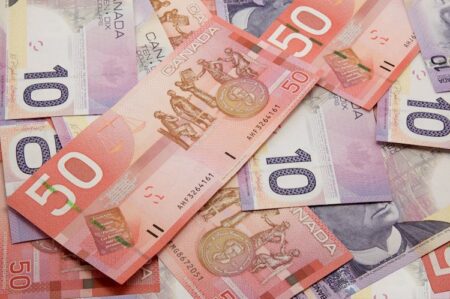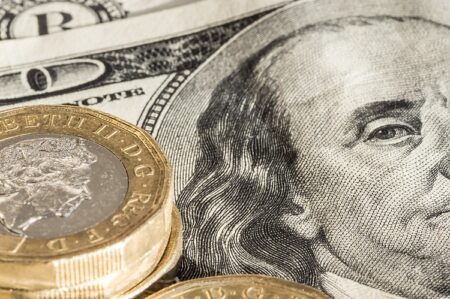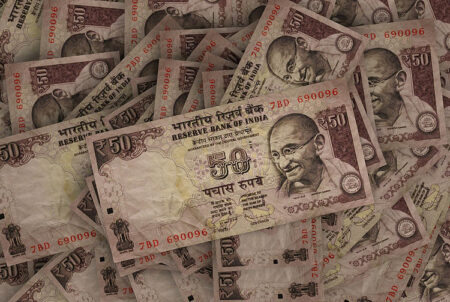- EUR/GBP comes under downward pressure as ECB plans to continue lowering borrowing costs next year.
- ECB Lagarde highlighted that the central bank could achieve its goal of reducing inflation to the 2% medium-term target.
- The Pound Sterling faces challenges due to rising odds of the BoE’s dovish policy outlook for the next year.
EUR/GBP halts its three-day winning streak, trading around 0.8290 during the early European hours on Tuesday. This downside of the EUR/GBP cross is attributed to the decline in the Euro amid rising bets of further rate reduction by the European Central Bank (ECB).
On Monday, Financial Times published an interview of European Central Bank (ECB) President Christine Lagarde, stating that the central bank is nearing its goal of sustainably bringing inflation down to the medium-term target of 2%. However, Lagarde stressed the importance of continued vigilance, particularly concerning inflation in the services sector.
Additionally, ECB Governing Council member Boris Vujcic stated on Saturday that the central bank plans to continue lowering borrowing costs in 2025, according to Bloomberg. “The direction is clear—it’s a continuation of the path from 2024, with further reductions in interest rates,” he said.
The EUR/GBP pair advanced as the Pound Sterling (GBP) weakened against its major counterparts, driven by increasing expectations of a dovish policy stance from the Bank of England (BoE) in the coming year. Market participants now anticipate a 53-basis-point (bps) rate cut in 2025, up from the previously expected 46 bps. This shift follows a 6-3 vote by the Monetary Policy Committee (MPC), with three out of nine members advocating for a 25 bps rate reduction, which investors interpreted as signaling a dovish trend for the year ahead.
Market expectations for 53 bps reduction in interest rates in 2025 suggest that there will be at least two 25-basis-points rate cuts. However, speculation for the number of interest rate cuts by the UK central bank is fewer than those expected from the European Central Bank (ECB), making the British Pound an attractive bet against the Euro.
Read the full article here
















